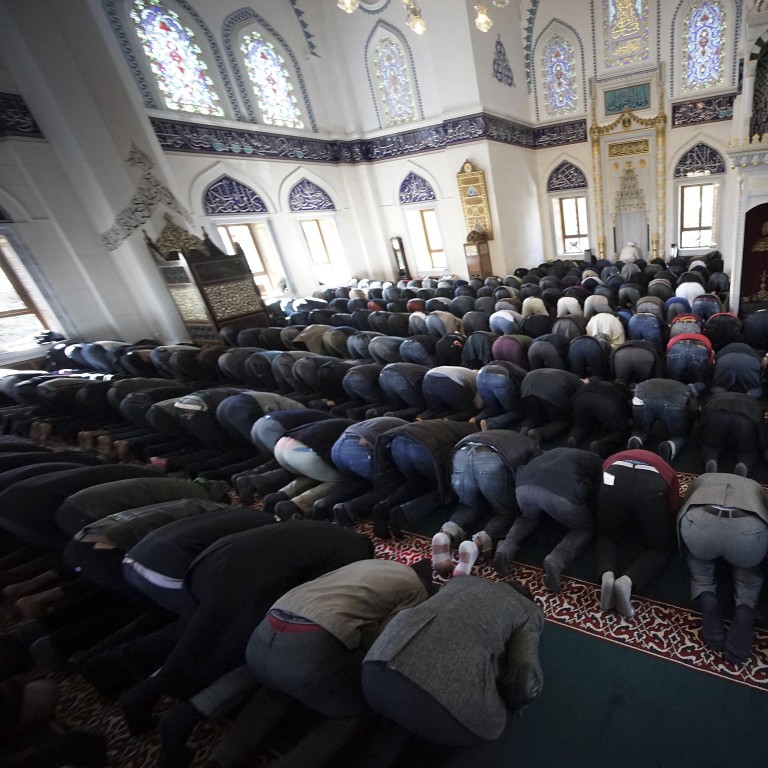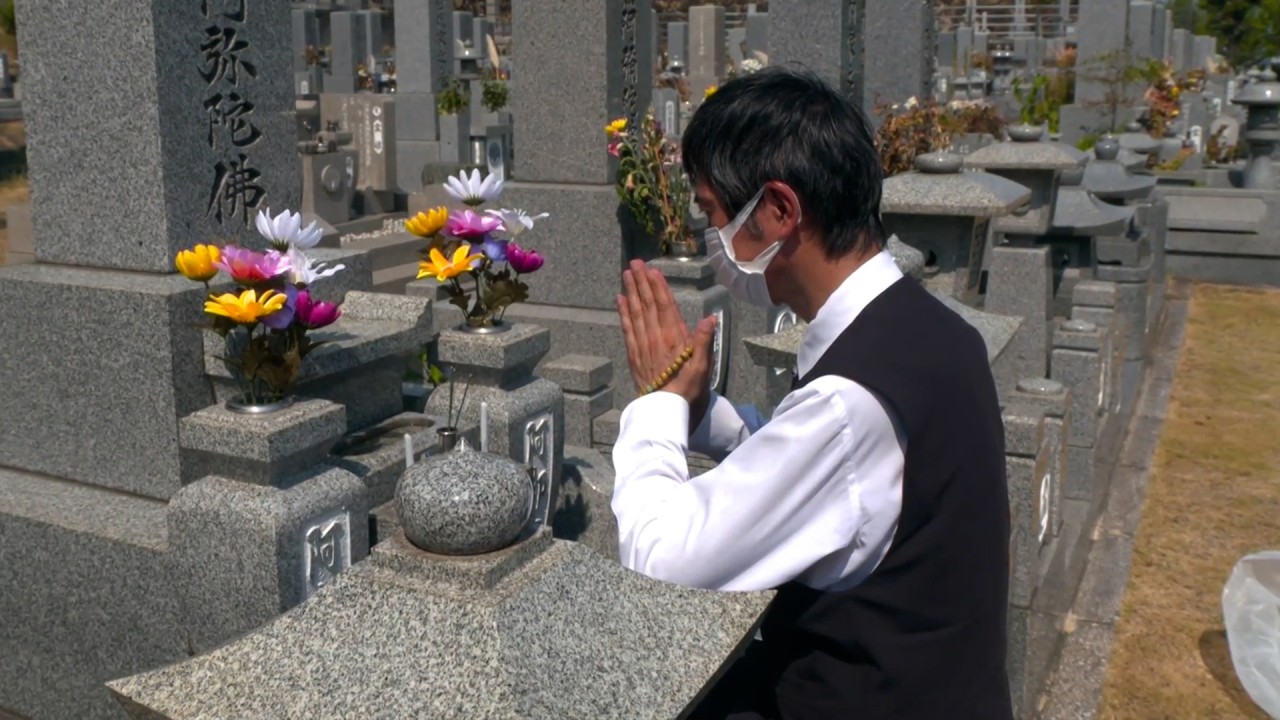
In Japan, plan for dedicated Muslim cemetery in Hiji faces opposition from locals
- There are just seven Muslim burial sites in the country, meaning bereaved families must travel far from their homes and at great cost
- Hiji residents’ claims that burials will contaminate the soil and water have been dismissed by Muslim leaders in Japan, where cremation is more common
Local residents claim that the Muslim tradition of burying a body, as opposed to cremation, poses a threat to the health of local people as contaminants will leech into the soil as well as local water sources used for crop irrigation and drinking – a stance local Muslim leaders say makes absolutely no sense.
“We built our mosque in Beppu about 10 years ago, and as soon as that was completed we started on our next project, finding a place where Muslims can be buried according to our customs,” said Khan Muhammad Tahir Abbas, head of the Beppu Muslim Association. Beppu is about 13km away from Hiji, in Oita prefecture on Kyushu.
“We went to the Beppu city office many, many times to ask what we needed to do and they never refused our request to have a graveyard, but they never accepted us either,” he said. “They just didn’t do anything.”
Yoshihide Suga: who is Japan’s new prime minister?
Frustrated at the failure of officials in Beppu to address their concerns, the Muslim association purchased an 8,000 square metre plot of land in the neighbouring town of Hiji with the intention of establishing a dedicated cemetery with up to 120 graves, said 53-year-old Abbas, who is originally from Lahore in Pakistan but has lived in Japan since 2001 and is a professor of technology at Ritsumeikan Asia Pacific University.
There are an estimated 200,000 Muslims living across Japan, with around 1,000 residing in Oita prefecture. But while mosques have become fairly commonplace in many major cities, there is resistance among Japanese residents to the concept of burials.
There are only seven dedicated Muslim cemeteries in the country, but none at present on the island of Kyushu or in north-eastern Japan, meaning that bereaved families must take their dead to parts of the country that are far from their homes and at great cost.

02:12
Japanese taxi company offers service to pay respects at family graves
Over the past eight years, 10 Muslims from Kyushu have been buried at Beppu’s Catholic church, but the church is close to capacity and only has space for one more grave. Abbas said he had promised the church that the Muslims presently buried there will be reinterred at the new Muslim graveyard as soon as it is approved.
Some of Hiji’s 28,500 residents, however, have made their opposition clear. People living in two town districts close to the land earmarked for the cemetery have signed a petition demanding that the request be refused, and have submitted it to the town office and local assembly.
A city official who is handling the matter confirmed that a meeting of local residents has been held to vote on the issue, and the tally is presently being counted. He was not able to say when the result will be announced, but it will be first communicated to the association’s lawyer.
“There are some people who do not want the graveyard here,” he admitted. “They are worried about contaminants from the bodies getting into the water that they drink.”
But Abbas, who is a certified engineer, said those fears were groundless.
“We have heard those complaints before and we have been told that people are worried contaminants are going to flow into a lake 2km away that is used for irrigation for crops,” he said. “We have been trying to explain to them that people have been burying bodies for thousands of years – not just in Muslim countries but in many other parts of the world as well – and that nothing bad has happened.”
Elderly drug mules: are Japan’s yakuza behind wave of arrests across Asia?
Japan in the past also buried its dead, as evidenced in recent months by the discovery of a vast graveyard on a construction site close to Osaka Station, complete with hundreds of uncremated bodies buried in a seated position.
Abbas also points out that a Christian graveyard where bodies are buried rather than cremated has been set up nearby in Hiji, and that there has been no outcry from local people.
“We have tried our very best to convince them that there is no scientific evidence to their claims and that actually human remains will break down into calcium, sulphur and other elements that are actually good for the soil,” Abbas added. “But they’re not really listening. They are mostly older people and they just do not like change.”
He said most Muslim expatriates returned home before they died or wanted their bodies to be repatriated after their death, so there would only be a couple of burials every year.
“It’s frustrating,” Abbas said. “But we have been trying to do this for such a long time that it is also becoming an emergency.”

